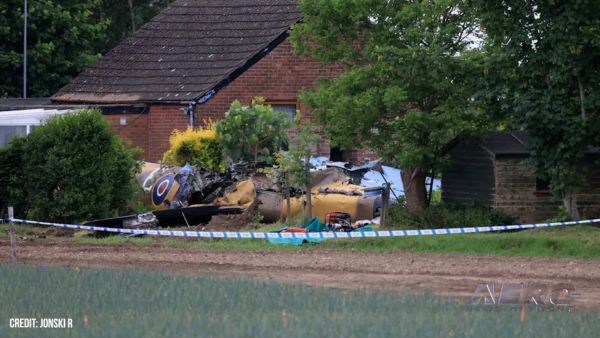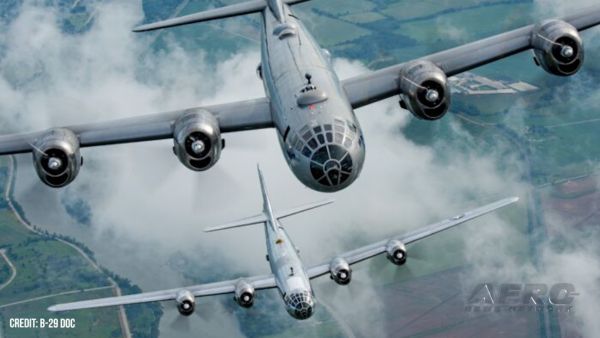Mon, Sep 08, 2003
Advertisement
More News
 ANN FAQ: Contributing To Aero-TV
ANN FAQ: Contributing To Aero-TV
How To Get A Story On Aero-TV News/Feature Programming How do I submit a story idea or lead to Aero-TV? If you would like to submit a story idea or lead, please contact Jim Campbel>[...]
 ANN's Daily Aero-Linx (05.29.24)
ANN's Daily Aero-Linx (05.29.24)
Aero Linx: International Association of Professional Gyroplane Training (IAPGT) We are an Association of people who fly, build or regulate Gyroplanes, who have a dream of a single >[...]
 ANN's Daily Aero-Term (05.29.24): NORDO (No Radio)
ANN's Daily Aero-Term (05.29.24): NORDO (No Radio)
NORDO (No Radio) Aircraft that cannot or do not communicate by radio when radio communication is required are referred to as “NORDO.”>[...]
 Airborne 05.28.24: Jump Plane Down, Starship's 4th, Vision Jet Problems
Airborne 05.28.24: Jump Plane Down, Starship's 4th, Vision Jet Problems
Also: uAvionix AV-Link, F-16 Viper Demo, TN National Guard, 'Staff the Towers' A Saturday afternoon jump run, originating from SkyDive Kansas City, went bad when it was reported th>[...]
 ANN's Daily Aero-Term (05.30.24): Beyond Visual Line Of Sight (BVLOS)
ANN's Daily Aero-Term (05.30.24): Beyond Visual Line Of Sight (BVLOS)
Beyond Visual Line Of Sight (BVLOS) The operation of a UAS beyond the visual capability of the flight crew members (i.e., remote pilot in command [RPIC], the person manipulating th>[...]
blog comments powered by Disqus



